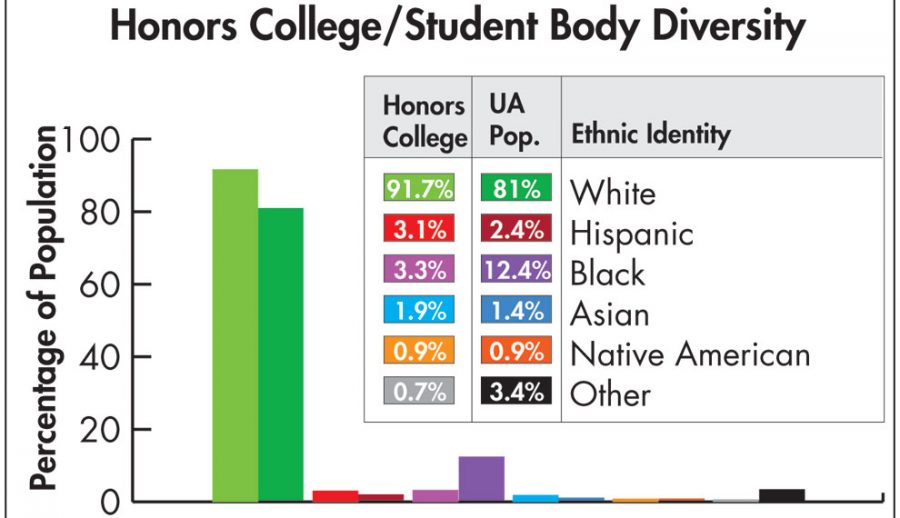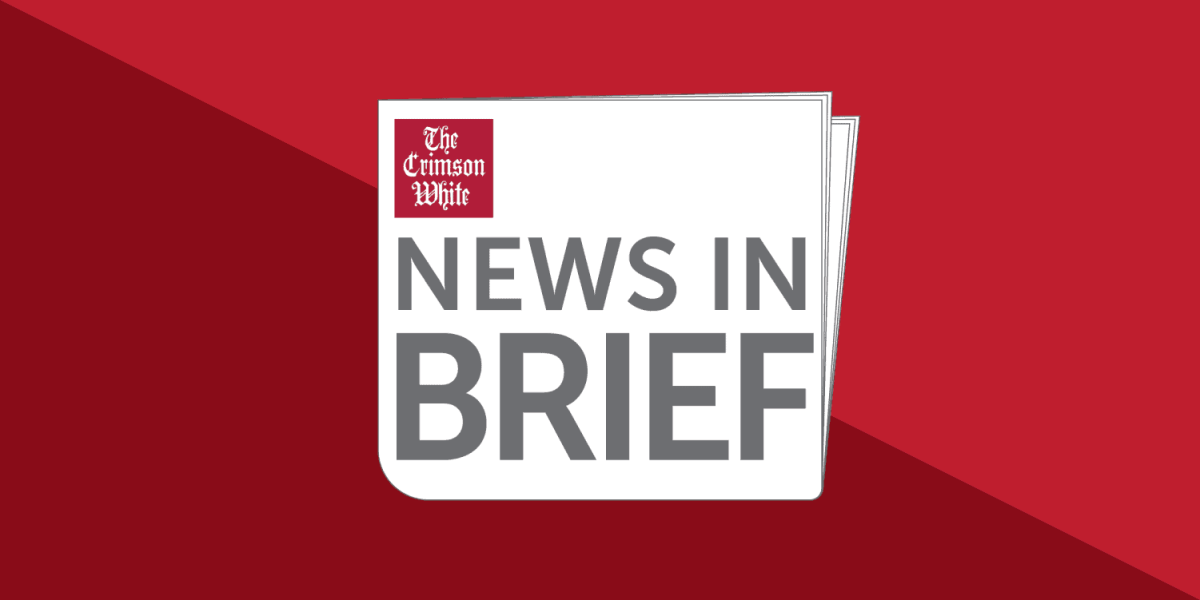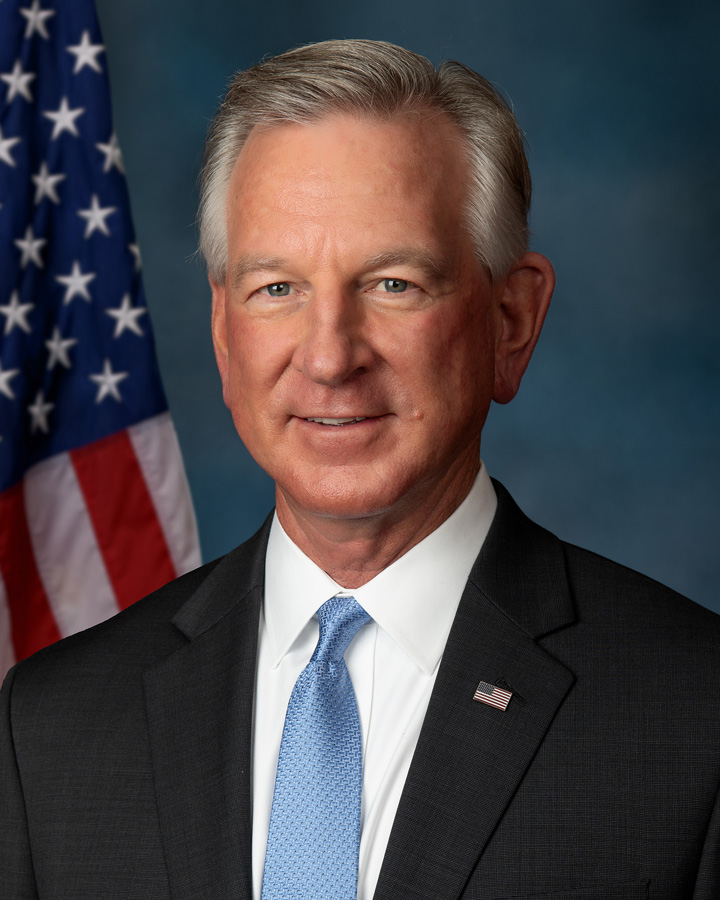Across the board, the demographic information for the Honors College matches that which could reasonably expected from the overall demographics of the University of Alabama, save one statistic—of the nearly 3,700 students in the Honors College, 152 are African Americans, according to data provided by UA’s Office of Institutional Research and Assessment.
African Americans account for 12 percent of the overall campus population according to the UA demographics web page but represent just 4 percent of the population of the Honors College—far short of the 91 percent allotted to white students in the prestigious program.
Shane Sharpe, dean of the Honors College, said that the administration there was aware of the disparity of the statistics and is always working to right it.
“We are working diligently to improve diversity in the Honors College,” Sharpe said. “Our aim is to have a college that is representative of the population of the University.”
Sharpe said that programs like the diversity committee of the Honors College Assembly are always working to recruit qualified minority students to achieve this end.
“We have specific recruiting efforts at key high schools as well on-campus recruiting,” Sharpe said. “It’s wonderful that we have such fantastic students like those on the diversity committee.”
Diversity committee president Josh Gray said that the numbers don’t reflect an issue with the Honors College or its efforts to recruit minorities, but rather one with students who qualify for admission into the program and fail to apply.
“At the end of the day, Honors College is very open to all students able to maintain a 3.3 GPA, with everyday access to the application available on myBama,” Gray said. “Unfortunately, students tend to become so busy with campus life that the merit-based entrance gets forgotten.”
He added that he wouldn’t describe the current demographic proportions as a problem.
“You have to remember demographics is solely based on the population,” Gray said. “If you take into consideration that UA is public institution set in a larger society that is primarily of European descent, it’s only reasonable to expect the population of that institution to be of the same characteristics.”
Andrés Mendieta, a sophomore majoring in finance and economics, agreed that the numbers were not a pressing issue for the University.
“I know the Honors College tries to do as much for minority recruitment as possible,” Mendieta said. “I mean, that’s how they got me. I think it may be more of a societal issue.”
He added, however, that UA’s removal of its National Hispanic Scholarship was a step in the wrong direction for attracting minorities.
“Continuing to try to bring in minority students is pivotal,” Mendieta said. “If the Honors College will continue to try to do that, it will eventually match up with how the University demographics look as a whole.”
Freshman Miles Crabbe, an engineering major, argued that the problem was not with recruitment efforts or lazy students, but rather with inflation of the Honors College population as a whole.
“You get far too many students who join the Honors College right out of high school,” Crabbe said. “These students join for the better housing and the priority registration, not a real desire to excel academically. They throw the numbers off, but there’s no good way to solve the problem.”
“You can bet on one thing,” Crabbe added. “Those 152 African Americans – that [4] percent of the Honors College who are minorities – they’re some of the hardest working students on campus. They’re in the Honors College because they deserve to be.”










